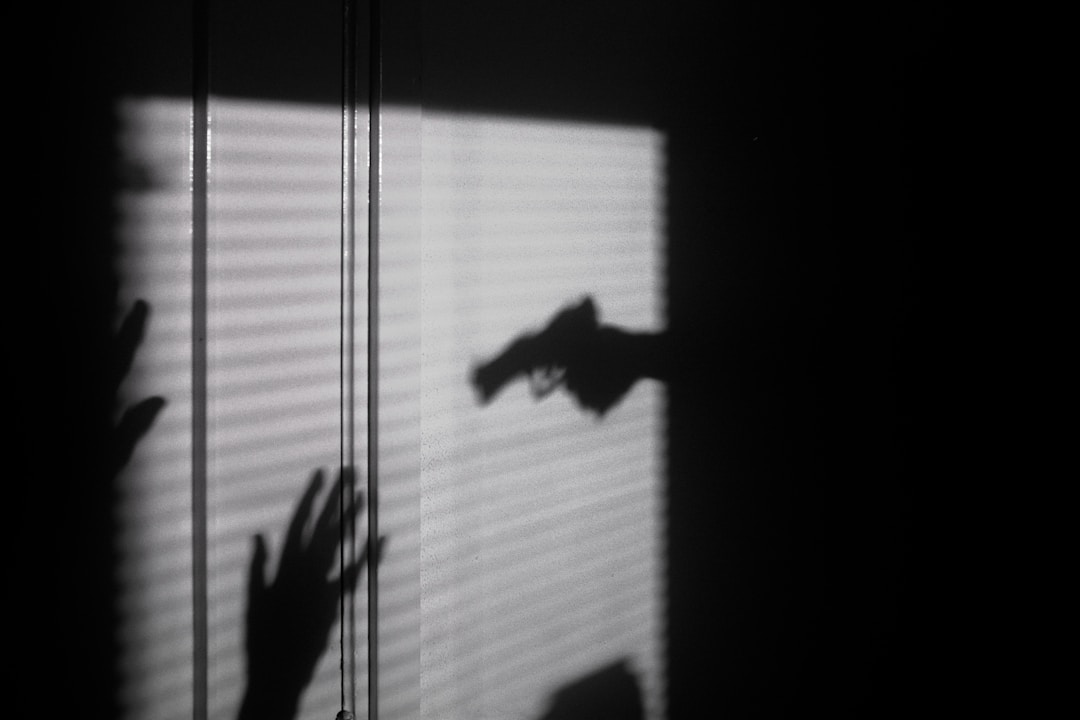Sometimes referred to as a protective order, a restraining order is a court order that protects an individual from repeat violence or persistent abuse. In the state of Florida, a restraining order is also referred to as an injunction and forbids the restrained person from coming into any contact with you, your place of employment, your home, or your children. It also prohibits the restrained person from committing further acts of violence against you.
According to Florida law, the type of injunction is based on the relationship between the respondent and the protected person. Whether you’re the petitioner or offender, you need to understand your legal rights. Understanding this, keep reading to learn about restraining orders in Florida.
The Different Types of Injunctions in Florida

In the state of Florida, when you file for an order of protection due to domestic violence, the court may either grant you a temporary injunction or a final injunction for protection against any act of domestic violence.
For instance, during a domestic violence injunction case that involves the temporary custody of minor children, the judge may issue an ex parte temporary injunction—where the offender hasn’t been formally served with the injunction documents—during the court hearing for the incident.
Upon the completion of these court proceedings, the judge might replace the ex parte injunction with a final or permanent injunction based on the final discovery during the proceedings. In Florida, temporary restraining orders don’t last more than 15 days. In some cases, though, a judge can issue an extension of injunction if there’s reasonable cause for this.
At the court hearing for the final injunction, both parties have the opportunity to come to court and present evidence to the judge. If the judge grants a permanent injunction, the injunction order will last until a specific date that will be determined by the judge.
Grounds for Filing a Restraining Order

The Florida Supreme Court recognizes five types of restraining orders, namely a domestic violence injunction, stalking violence injunction, repeat violence restraining order, sexual violence injunction, and dating violence injunction. If someone has been following or harassing you incessantly over a certain period, you can file a stalker violence restraining order against them.
A domestic violence restraining order is filed when the abuser is either a family member, current spouse, or former spouse. On the other hand, a dating violence restraining order is filed if stalking or violence has occurred between individuals who’ve been in a dating relationship for more than six months. If the relationship was intimate where there was sexual involvement or the expectation of affection with an abuser, a dating violence injunction may also be filed.
You may file a sexual violence injunction if you’ve suffered sexual battery, performed lascivious acts to or in front of a minor, or performed any other forcible felony wherein a sexual act was attempted or committed. Lastly, you may file a repeat violence injunction when stalking or other acts of violence have occurred on two separate occasions.
How To File an Injunction Order

To receive protection from your abuser, you must file a petition in a Florida courthouse. These court documents are available on the court’s website. Some of the information you’ll be required to provide includes your contact information and the contact information of the alleged abuser. You’ll also need to provide specific facts about the act of domestic violence.
If you’ve been the victim of any act of domestic violence or any of the different incidents of violence mentioned above, an attorney can help you file a protective order against the perpetrator. Conversely, if a protective order has been filed against you, a local Florida criminal defense attorney can help you understand your legal options and the conditions of the injunction.